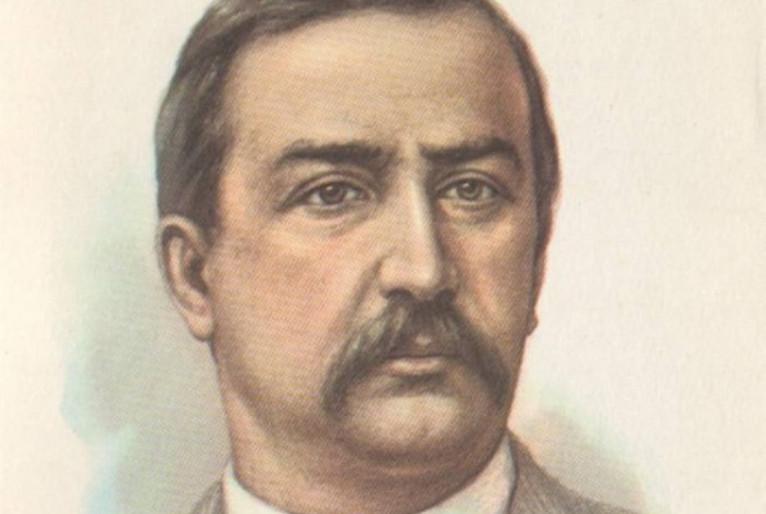In the realm of Russian classical music, few names evoke such admiration and intrigue as that of Alexander Borodin. As a composer, chemist, and dedicated advocate for women's education, Borodin led a remarkable life that left an indelible mark on the world of music. His compositions continue to captivate audiences with their lush melodies, evocative harmonies, and distinctive Russian spirit. Join us as we delve into the fascinating biography of Alexander Borodin, a true master of the Romantic era. Born on November 12, 1833, in Saint Petersburg, Russia, Alexander Porfiryevich Borodin was raised in an environment that nurtured both his scientific and artistic talents. Despite initially pursuing a career in chemistry, he couldn't resist the allure of music, which soon became his lifelong passion. Borodin's fascination with Russian folk music, coupled with his exposure to Western European compositions, laid the foundation for his unique musical style.
Alexander Porfiryevich Borodin (12 November 1833 – 27 February 1887) was a Russian chemist and Romantic musical composer of Georgian ancestry. He was one of the prominent 19th-century composers known as "The Mighty Handful", a group dedicated to producing a uniquely Russian kind of classical music, rather than imitating earlier Western European models. Borodin is known best for his symphonies, his two string quartets, the symphonic poem In the Steppes of Central Asia and his opera Prince Igor. Music from Prince Igor and his string quartets was later adapted for the US musical Kismet.
A doctor and chemist by profession and training, Borodin made important early contributions to organic chemistry. Although he is presently known better as a composer, during his lifetime, he regarded medicine and science as his primary occupations, only practising music and composition in his spare time or when he was ill. As a chemist, Borodin is known best for his work concerning organic synthesis, including being among the first chemists to demonstrate nucleophilic substitution, as well as being the co-discoverer of the aldol reaction. Borodin was a promoter of education in Russia and founded the School of Medicine for Women in Saint Petersburg, where he taught until 1885.
Alexander Borodin
Prince Igor
For more:
http://www.melhoresmusicasclassicas.blogspot.com
#MusicHistory
#ClassicalMusic
#Borodin

